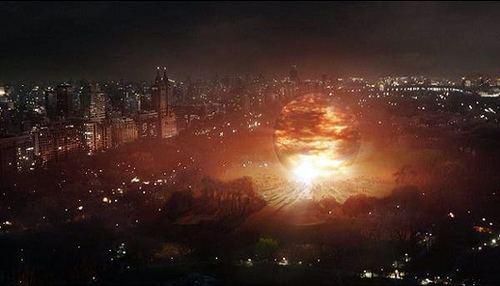Two reviews from the February 2008 Notices of the American Mathematical Society:
From a review of
A Certain Ambiguity
(A Mathematical Novel)
by Gaurav Suri and Hartosh Singh Bal
Princeton University Press
Hardcover, US$27.95, 281 pages —
“From the Habermas-Lyotard debate (see [1] for an introduction) to the Sokal hoax ([4]), to recent atheist manifestos on the bestseller lists (e.g., [2]) the question of foundations for intellectual thought and especially for intellectual debate has never been more critical or urgent.”
[1] M. Bérubé, What’s Liberal about the Liberal Arts? Classroom Politics and “Bias” in Higher Education, W. W. Norton, 2006.
[2] S. Harris, Letter to a Christian Nation, Knopf, 2006.
[4] A. Sokal and P. Bricmont, Fashionable Nonsense: Postmodern Intellectuals’ Abuse of Science, Picador, 1999.
— Danny Calegari of Caltech
Also in the February Notices– a review of a book, Superior Beings: If They Exist, How Would We Know?, in which the author
“.. uses elementary ideas from game theory to create situations between a Person (P) and God (Supreme Being, SB) and discusses how each reacts to the other in these model scenarios….
In the ‘Revelation Game,’ for example,
the Person (P) has two options:
1) P can believe in SB’s existence
2) P can not believe in SB’s existence
The Supreme Being also has two options:
1) SB can reveal Himself
2) SB can not reveal Himself….
… [and] goals allow us to rank all the outcomes for each player from best… to worst…. The question we must answer is: what is the Nash equilibrium in this case?”
The answer is what one might expect from the American Mathematical Society:
“… the dominant strategy for both is when SB does not reveal Himself and P does not believe in His existence.”
Other strategies are, of course, possible. See last year’s entries.
See also
the life of John Nash,

for whom the above
equilibrium is named.











